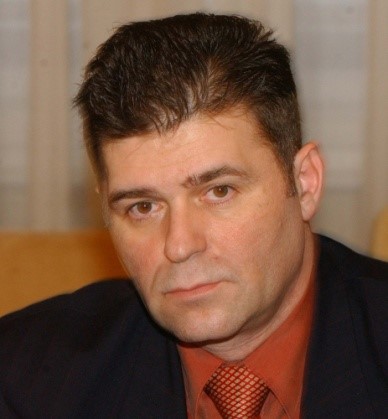
Jadran Antolović
Dr. Jadran Antolović, a specialist for economic and law aspects of cultural heritage protection and preservation, is a full professor and a Vice Dean at the University of Applied Sciences Baltazar, Zaprešić. He holds a PhD in economics from the University of Rijeka and university degree from the Faculty of Law at the University of Osijek. From 2004 to 2008, Mr. Antolović was a state secretary (deputy minister) in the Croatian Ministry of Culture. He completed Diplomatic Studies at the Diplomatic Academy of the Ministry of Foreign Affairs of the Republic of Croatia. Mr. Antolovic published a number of books and research papers. He was a member of the UNESCO expert group, which helped Romania in improving the system of cultural heritage protection. During 2007 he provided assistance for the Ministry of Culture of the Republic of Slovenia and Hungarian State Service for Cultural Heritage Protection in improving cultural heritage laws, and he was special advisor of the Minister of Culture of the Republic of Montenegro.
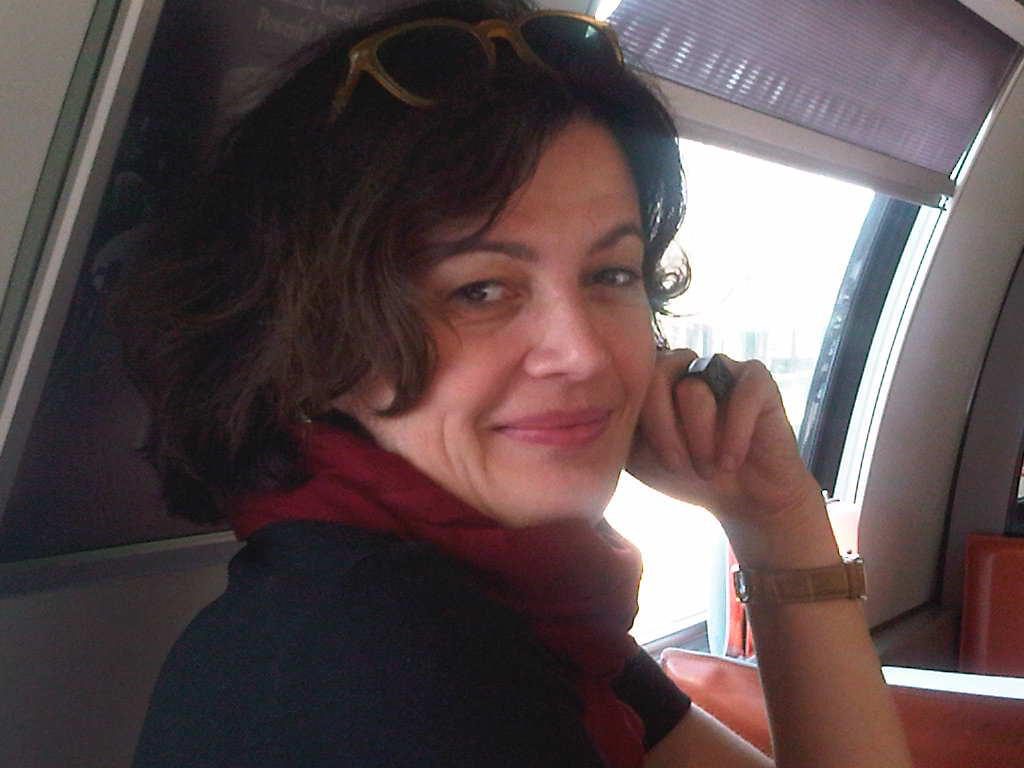
Snježana Banović
Dr. Snježana Banović is a theatre director, a writer and a full professor at the Department of Production of the Academy for Dramatic Art in Zagreb. She holds a PhD in Performance Studies from the University of Zagreb. She published two books (State and its Theatre and Theatre of Crisis) with two more in preparation (Theatre for People and Official Exit). Her main interests are in the area of cultural management, national theatres, national festivals and public theatres in the context of cultural policy in Croatia and the EU and most of her work is focused on these topics. She publishes reviews, studies and articles in journals, newspapers and on-line publications and is a member of various Croatian and international cultural associations. She was appointed two times as head of the Cultural Committee for Theatre at the Ministry of Culture of the Republic of Croatia and was the Artistic Manager for Drama of the Croatian National Theatre in Zagreb. As a professor she has been a mentor to numerous students and is currently leading a major University research project entitled Relations of International Financial Instruments of Cultural Policy and Strategies of Programming in Contemporary Performance Practices.
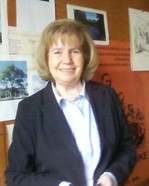
Biserka Cvjetičanin
Dr. Biserka Cvjetičanin is a Scientific Adviser Emerita at the Department for Culture and Communication, Institute for Development and International Relations (IRMO), and a former Deputy Minister of Culture of the Republic of Croatia (2000-2004). She holds a PhD in African Studies (comparative literature) from the University of Zagreb (1980). She studied at the Ecole des Hautes Etudes en Sciences Sociales (EHESS), Sorbonne, Paris, and at the School of Oriental and African Studies, University of London. Since 1989 she has been coordinating the Culturelink Network – an international collaboration platform for research and cooperation in cultural development and policies, established by UNESCO and the Council of Europe. She has been a member of the Scientific Council of the UNESCO Regional Bureau for Science and Culture in Europe (2013-2016). Previously, she was a member of the UNESCO Administrative Council of the International Fund for the Promotion of Culture (2004-2008) and a member of the Advisory Committee for UNESCO World Report on Cultural Diversity (2006-2009). Her research areas include cultural development, cultural diversity, cultural policies and intercultural communication. She is the author and editor of numerous books, studies and articles (see bibliography at: http://bib.irb.hr/lista-radova?autor=7463&lang=EN).

Simona Goldstein
Simona Goldstein (Zagreb, 1971) holds a diploma in English language and literature and History of Art from the University of Zagreb’s Faculty of Humanities and Social Sciences. She finished the postgraduate (MSc) study of Entrepreneurial Studies ((ICES – International Centre for Entrepreneurial Studies) from the Josip Juraj Strossmayer University of Osijek, Faculty of Economics. Presently, she is director of the Antibarbarus, a publishing house specialized in humanities and social sciences, and NGO Idemo, Institute for Democracy (www.idemo.hr). Simona is actively involved in Association of Publishers and Booksellers of Croatia, Croatian Chamber of Economy, focusing on academic and professional book publishing. In 2011 she was one of the founders of Book Block – Initiative for the Book (www.knjizniblok.hr), an NGO whose main goal is to improve the status of books market and raise awareness of books and importance of a culture of reading in Croatia through advocacy, lobbying, recommendations and cross-sector cooperation. Simona Goldstein actively participates in workshops, seminars, and conferences related to her professional interests, and occasionally teaches on creative industries. She is the author of the book Entrepreneurship in creative industries (Hrvatska sveučilišna naklada, Zagreb, 2016).
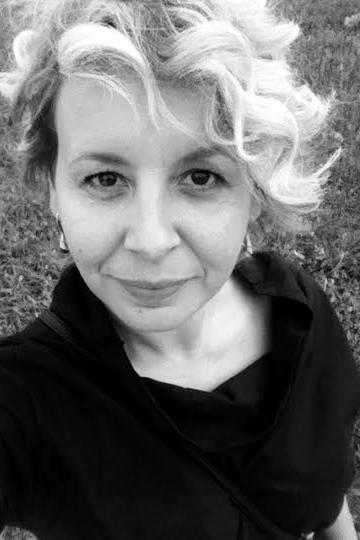
Ines Jemrić Ostojić
Ines Jemrić Ostojić is the Head of the undergraduate professional study Cultural Management at the University of Applied Sciences Baltazar, Zaprešić where she teaches the sociology-related group of courses. She received her Master’s Degree in Sociology of Culture at the Faculty of Arts in Ljubljana, Slovenia. Her research interests lie in the area of cultural participation of young people, cultural and creative industries, cultural globalization and education in the field of culture. She has participated and presented her papers at a number of international conferences and visited the universities in Spain and Turkey for the purpose of professional training. She has also led several professional international projects. She participated in the international CARDS project Restructuring the Labour Market and acted as a consultant in the research projects of Croatia’s Government Office for Cooperation with the NGOs. Apart from her interest in culture, she is in charge of quality assurance and is currently the Head of Quality Assurance Office at her institution.
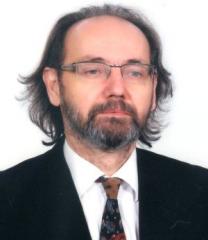
Boris Jurinić
Boris Jurinić is a political scientist and the Head of the Service for Strategic Planning and Analyses in Culture and the Media of the Ministry of Culture of the Republic of Croatia. He has been dealing with information and documentation as well as research and development issues in the field of culture and cultural policy since 1988, first in the Croatian Institute for Culture of Croatia and then in the Ministry of Culture. He launched the Kulturogram project of the Republic of Croatia – first integrated culture information system in the independent Republic of Croatia. He cooperated on the Culturelink and Culturenet Croatia projects. Mr. Jurinić was engaged in the process of preparing the first National Report Cultural Policy of the Republic of Croatia (the Council of Europe project, 1998). He is the author of the chapter on “Research and Development” of the Strategy of Cultural Development within the project Croatia in the 21st century. He edited the newsletter, website and specialised libraries of the Ministry of Culture. He is the Head of research related to the financing of all public cultural needs in the Republic of Croatia (state and local level) and other development and statistical research of the Ministry of Culture. The issues and challenges of strategic planning in culture at all cultural and political levels, as well as in areas of art and culture are in the focus of his interest (cf. “Strategic planning in culture – experiences and challenges”, TIM4PIN, 2/2012).
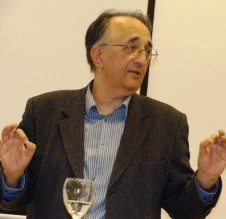
Vjeran Katunarić
Dr. Vjeran Katunarić is a professor of sociology at the University of Zadar. His research focus was on migration (1973-1980), and later on ethnic relations and cultural policies in multiethnic societies, particularly in the Balkans. He was a visiting professor at several universities in the USA (1985, 2000) and Sweden (1992-1993), a cultural policy expert, rapporteur and consultant of the Council of Europe (1999-2003), an expert in intercultural dialogue project funded by the European Commission (2008). Since 2016 he has been an expert participating in the research project on civic education in the EU countries, funded by the European Parliament. He teaches different courses in sociology on three levels: BA, MA and PhD – Multiethnic societies (BA); Historical sociology, Classical sociological theories of culture (within international MA joint degree program in cultural sociology); and Theory building in sociology (MA), and Theories of local and regional level (PhD – within International joint degree programme in Sociology of local and regional development).
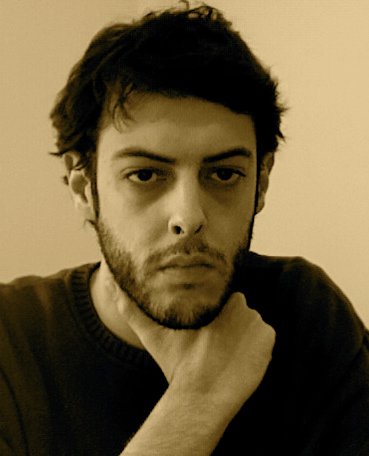
Mario Kikaš
Mario Kikaš (Mostar, b. 1987) is a cultural worker from Zagreb, an editor of magazine RAD. and a member of Organization for Workers’ Initiative and Democratization. From 2012-2014, Kikaš was a member of editorial board of biweekly magazine for culture Zarez. He regularly publishes articles in several Croatian and regional media (Kulturpunkt, Le Monde Diplomatique, Bilten, Vox Feminae) on wide range of issues: cultural policy, LGBTIQ and feminist activism, international relations, political relations in Bosnia and Herzegovina. Addition to his media works, Kikaš is a collaborator on various projects in arts and culture: an member of a team responsible for creation of artistic programme of Dubrovnik 2020 bid for European Capital of Culture, member of Committee for the evaluation of the quality of the applications of Foundation for contemporary arts and culture Kultura nova (2013-2015) and a member of informal art collective Šavovi together with Mila Pavičević (dramaturge), Zrinka Užbinec (choreographer) and Lujo Parežanin (musician).
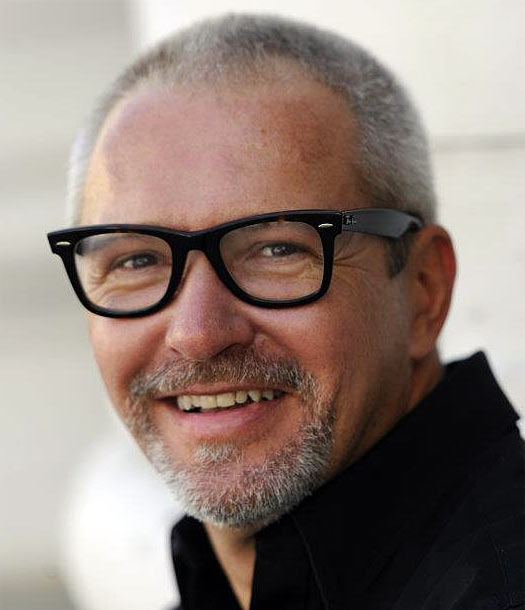
Darko Lukić
Dr. Darko Lukić is a full professor at Academy of Drama Arts, University of Zagreb and he also teaches at the PhD course on Literature, Performing Arts, Film and Culture at the Faculty of Humanities and Social Sciences, University of Zagreb. He has been a guest lecturer at Karl-Franzens-Universität Graz, Austria and also lectured and conducted workshops at numerous universities abroad (United Kingdom, USA, Italy, Spain, Brazil, Argentina, Bulgaria, Romania, Poland). Dr. Lukić holds a PhD in theatre studies from the Faculty of Humanities and Social Sciences, University of Zagreb in 2005, MA in dramaturgy from Drama Arts Faculty in Belgrade in 1990, and BA in comparative literature, philosophy and theatre from Faculty of Philosophy in Sarajevo in 1985. His education and training include Fulbright scholarship at Tisch School of the Arts, New York University (1997), European Academy for Culture and Management in Salzburg (1995), Institute for Theatre Anthropology, University of Copenhagen (1998), playwright at The Royal Court Theatre in London (1996) with British Council scholarship, and Le Chartreuse, Avignon (1994) with French Ministry of Culture scholarship. He is a certificated TQ trainer, and an e-learning course designer. He has published theoretic books in theatre studies (Introduction to Applied Theatre, Introduction to Anthropology of Performance, Theatre in Environment, vol 1. Theatre identities, Theatre in Environment, vol 2. Theatrical Intermediality and Interculturalism, Theatre, Culture, Transition, The War Trauma Drama, Production and Marketing of Performing Arts, and Thinking the Game?), as well as scientific papers. He participated in numerous international conferences and seminars. Dr. Lukić also publishes prose, drama, and translates from English and Spanish languages.
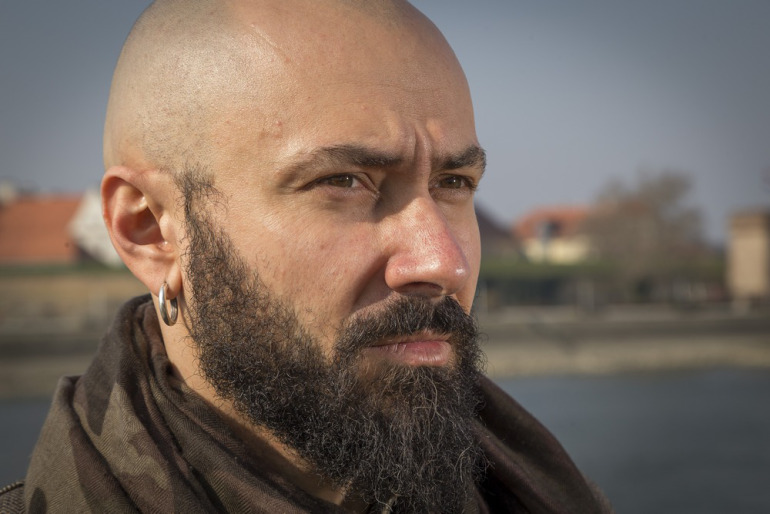
Igor Mavrin
Dr. Igor Mavrin is an independent researcher and consultant in the field of cultural policies and management and an external associate at the Department of Cultural Studies, J.J. Strossmayer University in Osijek. His PhD (2013) thesis addressed the topic “Cultural mega-events as a generator of urban and regional development”. During and after his PhD studies, he published a series of scientific papers dealing with the topics of cultural management and cultural policies, with the main accent on the project European Capital of Culture. From the beginning of the Osijek candidacy for the European Capital of Culture he was a member of the project team. In the second phase of the project Osijek 2020 he was the editor-in-chief of the final bid book. In the Novi Sad candidacy for the European Capital of Culture 2021 he worked as a consultant for the final bid book and coordinated the project cooperation between Osijek and Novi Sad.
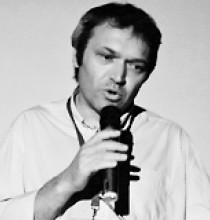
Davor Mišković
Davor Mišković is a cultural worker from Rijeka (Croatia). He is a Director of the non-profit organisation Drugo More, where his work ranges from programme selection to executive production, including fundraising and PR. He also works as a researcher of the cultural sector, actively participating in the creation of cultural policies and management of cultural institutions and networks (2009 – 2016 he was the president of the national cultural network Clubture and since 2008 he ihas been the president of the Theatre Council of the City Puppet Theatre in Rijeka). He holds a MA in sociology from the University of Zagreb. He has published more than 50 articles for cultural magazines. In 2013 he published a book Research in Culture. He worked for the Ministry of Culture for seven years and was a part-time associate in a number of cultural associations, market research agencies, daily papers and magazines.
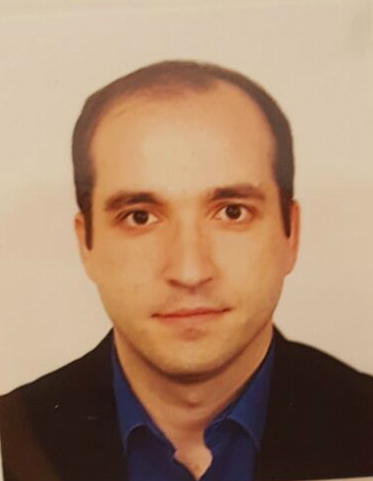
Krešimir Račić
Krešimir Račic is a Senior Advisor in the Service for Strategic Planning and Analyses in Culture and the Media of the Ministry of Culture of the Republic of Croatia. He completed his graduate studies in political sciences at the Faculty of Political Sciences with a specialization in public policies and political theory. His primary area of interest is the relationship and the (im)possibilities of democracy and public policies. Since 2012, within the Ministry of Culture he has been engaged in the methodology of culture statistics, the analysis of available national cultural and statistical data and in organizing and conducting statistical research for analytical and strategic planning needs of the Ministry of Culture. He is particularly interested in the research of the Croatian cultural system as well as explicit and implicit cultural policies of the Republic of Croatia in the context of the European Union.
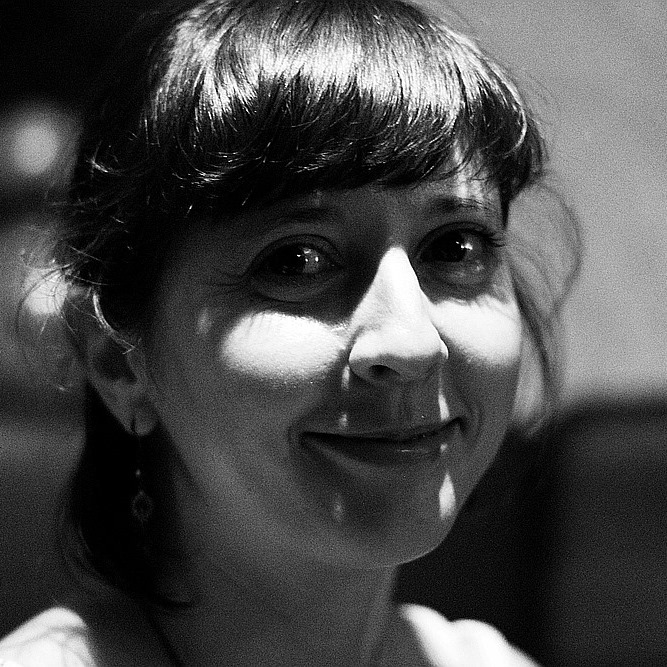
Janja Sesar
Janja Sesar (1979) is a cultural manager currently taking a position of an acting director in Pogon – Zagreb Center for Independent Culture and Youth. She was working as coordinator in Alliance Operation city and was editor and manager of the internet website Kulturpunkt.hr where she gained the expertise about the field of independent culture and contemporary art. In the last fifteen years she participated in the organisation of different national and international cultural projects, mostly in the field of film, contemporary visual art and media. She graduated German and Croatian language and literature at the Faculty of Humanities and Social Sciences in Zagreb and obtained a Master degree at the Freie Universität Berlin studying cultural and media management. In this framework she also participated in various cultural projects and collaborations in Berlin. She has been taking part as a speaker and facilitator in different conferences, seminars and workshops and was a holder of different scholarships of German Service for Academic Exchange (DAAD). She was invited by the US State Department to take part in International Visitors Leadership Programme that took place in the United States in 2014 as well as to take place at the Cultural Diplomacy Platform organized by the European Commision on Malta in 2016.
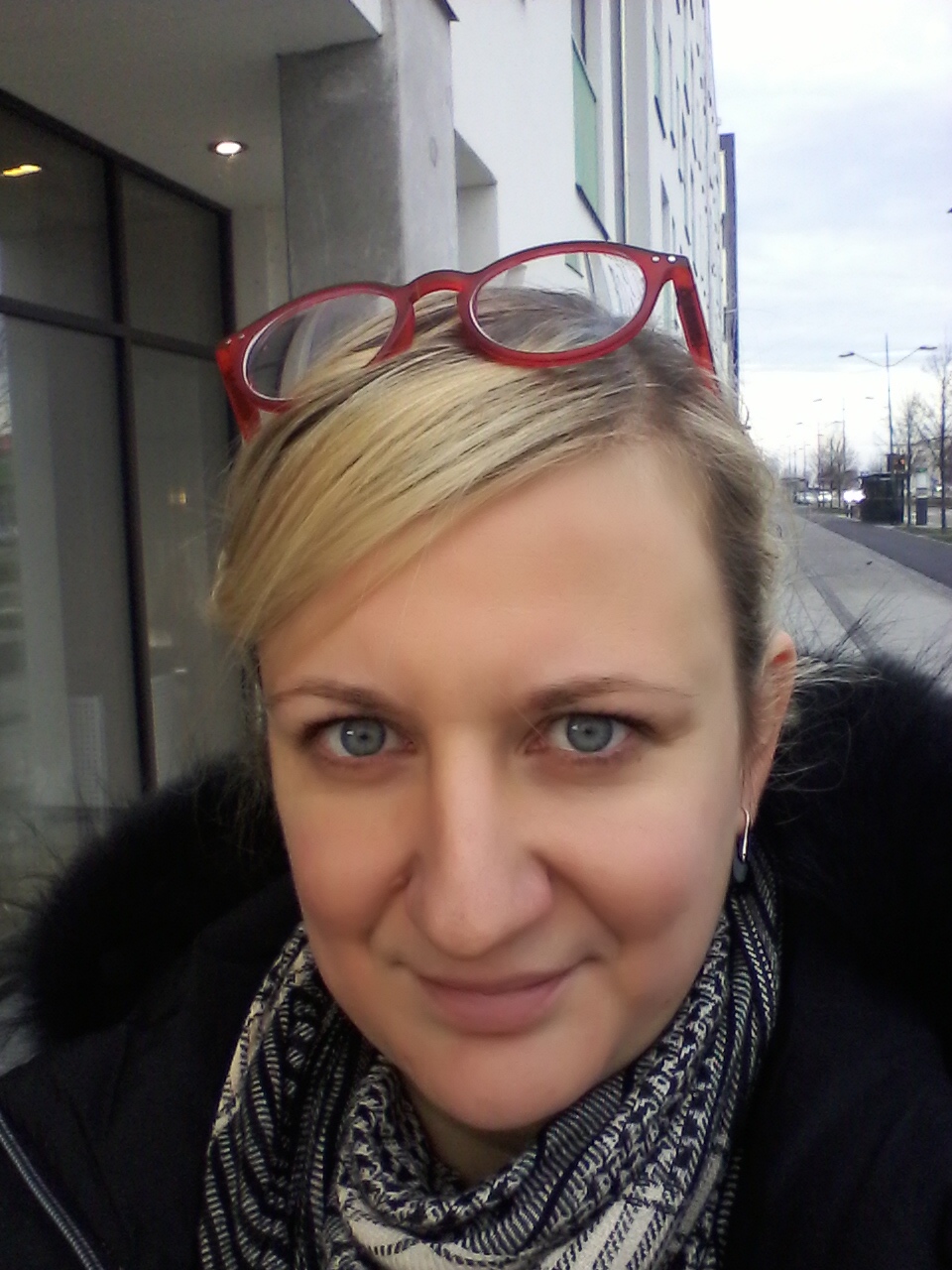
Anera Stopfer
Anera Stopfer holds a diploma in French language and literature from the Faculty of Humanities and Social Sciences, University of Zagreb. She finished the specialized postgraduate study of European Studies, organized jointly by the University of Panthéon Assas and the University of Zagreb. Besides different short term educational stages, mainly focused on policy making issues, she attended a course at ENA (Ecole National d’Administration). Since 2007 she has been employed in the Ministry of Culture in the Department for International Relations. She was a member of a Mixed Organizational Committee responsible for preparation and implementation of two major Festivals (Croatie, la voice and Rendez-vous) held in 2012 in France and in Croatia in 2015. In 2015 she became a head of Department for Cultural and Creative Industries at the Ministry of Culture and a head of Creative Europe Desk. During a two-year period she was actively participating in the Cultural Affairs Committee of the Council of the European Union and since 2015 she has been a member of Open Method of Coordination (OMC) working group of Member States’ experts for Cultural and creative sectors: creative economy and innovation. She is currently working on her PhD dissertation about cultural policies at the Faculty of Humanities and Social Sciences in Zagreb.
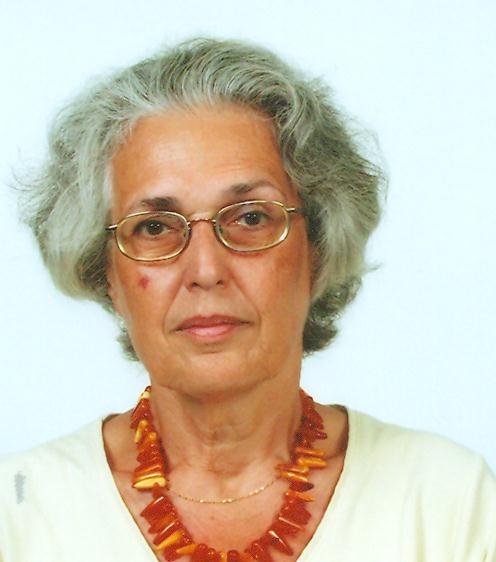
Nada Švob-Đokić
Dr. Nada Švob-Đokić is a Scientific Adviser Emerita at the Department for Culture and Communication, Institute for Development and International Relations (IRMO), Zagreb. Her research interests cover cultural development and cultural diversity (multiculturality, intercultural communication), cultural globalization, transformation and transition, mediatization of culture and cultural and media policies. Among a number of research projects she has worked on, either as a project leader or a main researcher, the following ones should be mentioned: European FP6 and FP7 projects Redefining Cultural Identities in Southeast Europe (2000-2007) and MEDIADEM-European Media Policies Revisited: Valuing and Reclaiming Free and Independent Media in Contemporary Democratic Systems (2010 -2013), as well as Croatian projects The Creative and Knowledge Industries in Transitional Countries (2004-2007) and The Global Influences and Local Cultural Change (2007-2013). Dr Nada Švob-Đokić has published a number of works in Croatian, English, French and other languages (in Zagreb, Paris, New York, Prague, Moscow, Ljubljana, Belgrade, Rome and Skopje). A partial bibliography could be found at: http://bib.irb.hr/lista-radova?autor=488216&lang=EN.
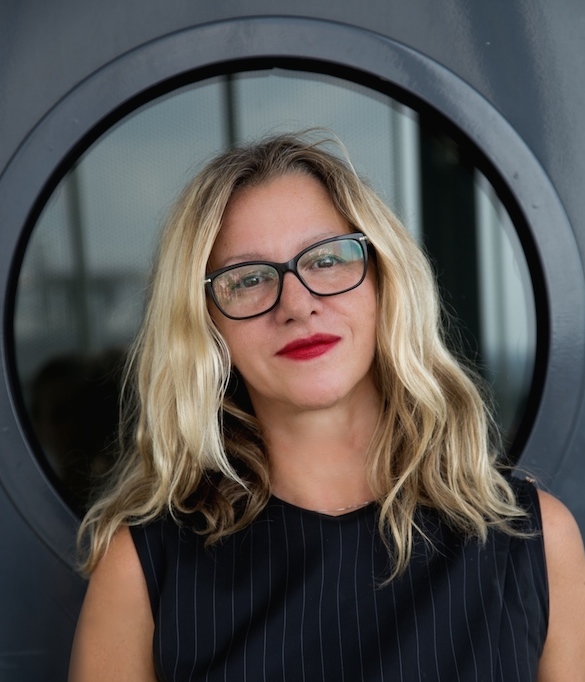
Daniela Urem
Daniela Urem initiated the Arts and Cultural Affairs Office within the University of Rijeka in 2012, designing and coordinating study programs and productions with a focus on career and audience development while opening various forms of international cultural cooperation. In 2013 as part the city of Rijeka nomination for the European Capital of Culture, Daniela created the first cultural capacity building program in Croatia, Unicult2020, the International Arts & Cultural Management and Cultural Policy Programme, an intensive course designed for cultural producers, workers and researchers from Europe and beyond. She graduated psychology at the Pace university, New York. In 2004 she founded the “Doors Art Foundation” in the New York City, where as an artistic director, she produced more than 70 programmes promoting Croatian culture and art scene to the international audience. At present, Daniela Urem works on several cultural platforms, on cultural development and policies projects, actively participates in capacity building, university-related projects and advocates intercultural dialogue, cooperation and exchange. Daniela is an active member of ENCTAC, Culture Action Europe, Regional Cultural Policy and Management Platform and a regular guest lecturer and speaker.
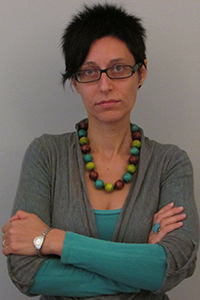
Dea Vidović
Dr. Dea Vidović is a director of the Kultura Nova Foundation (Zagreb, Croatia). Previously, she worked as an editor and journalist as well as a project manager of cultural projects mainly with civil society organizations in the field of contemporary arts and culture. She authored articles on new cultural practices and edited several publications. Vidović participated in and gave talks at numerous conferences, and delivered lectures from the field of cultural policy. She graduated in Comparative Literature and Indology from the University of Zagreb’s Faculty of Humanities and Social Sciences. She holds a PhD from the same Faculty and her dissertation research focused on the development of emerging cultures in the city of Zagreb (1990-2010).
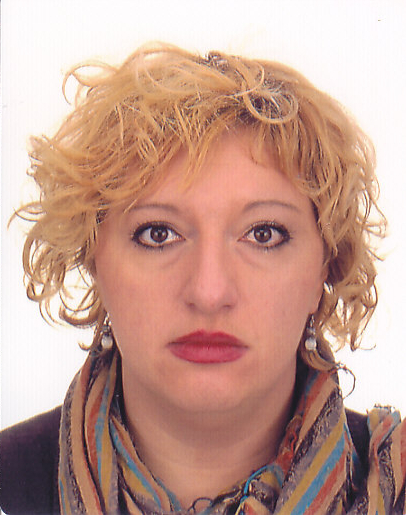
Emina Višnić
Emina Višnić is a cultural worker from Zagreb with rich experience in cultural management, networking on local, national and international level as well as cultural advocacy and capacity building. Until the end of 2016 she served as the director of Pogon – Zagreb’s Center for Independent Culture and the Youth, and from January 2017 she is working as an Executive Director for project Rijeka 2020 – European Capital of Culture. Till recently she served as vice-chair of the Executive Committee of the European advocacy network Culture Action Europe (Brussels). She was a chair of Management Board of Kultura Nova Foundation, a national public body supporting development of cultural civil society. Emina was a member of Cultural Council for Innovative Cultural Practices at Croatian Ministry of Culture and was Artistic Advisor for Complementary Activities at Croatian Audiovisual Centre. Occasionally, she works as a trainer and talks/writes about cultural policy and management issues. Emina graduated Croatian Language and Literature and Comparative Literature studies and studied Theater Science at the Faculty of Humanities and Social Sciences, Zagreb. She successfully completed The DeVos Institute of Arts Management Summer International Fellowship Program at the Kennedy Center (Washington, DC).
